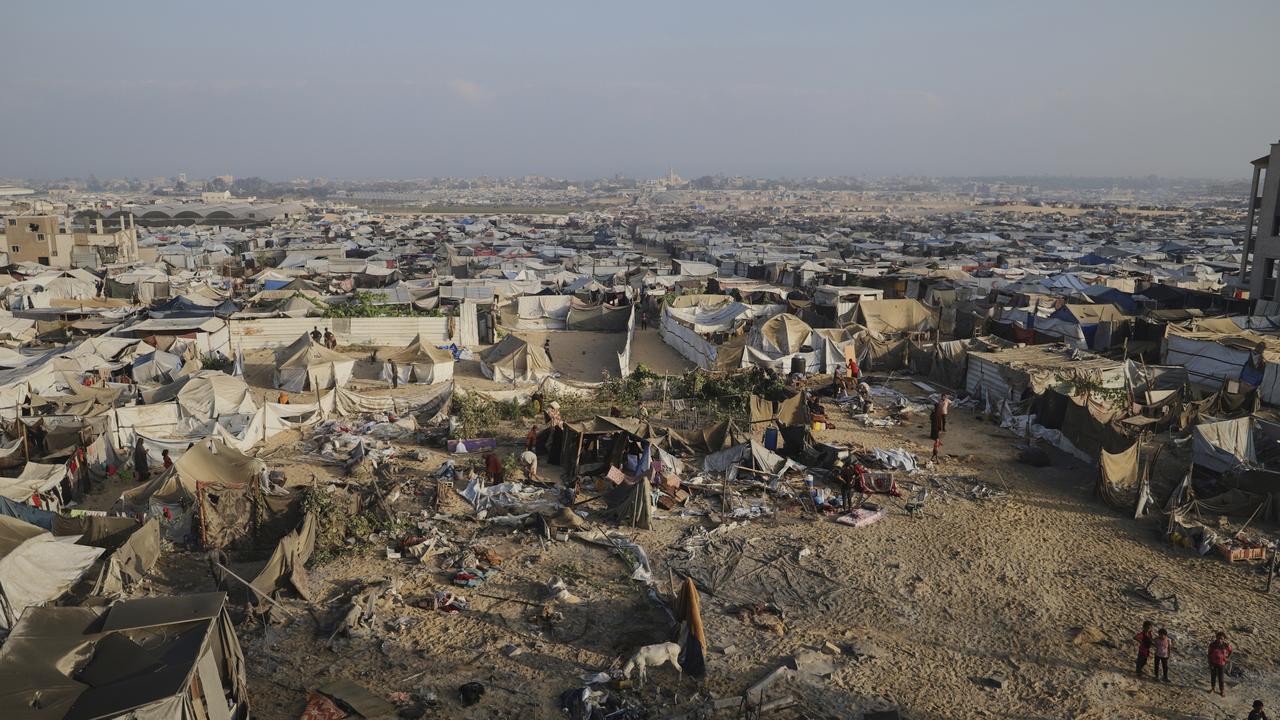In the wake of a devastating 22-month conflict that left Gaza in ruins, discussions have emerged between Israel and South Sudan concerning the possible resettlement of Palestinians displaced from the Gaza Strip in the East African nation. This plan, part of a broader strategy promoted by Israeli Prime Minister Benjamin Netanyahu and inspired by former U.S. President Donald Trump’s vision, has sparked intense debate and widespread rejection from Palestinian leaders and human rights organizations.
The initiative seeks to facilitate what Netanyahu calls “voluntary migration” of a significant portion of Gaza’s population to South Sudan, a country itself recently emerging from prolonged conflict and facing economic challenges. Reports reveal that Israeli and South Sudanese officials have engaged in considerable talks, with plans reportedly underway for an Israeli delegation to visit South Sudan to assess the feasibility of establishing temporary camps for the displaced Palestinians, with Israeli financing expected to support the effort.
However, the proposal has been met with strong opposition. Palestinian leaders vehemently reject the idea, viewing it as an attempt to forcibly remove them from their homeland and permanently alter the demographic and political status of Gaza. Human rights groups warn that such relocation plans could constitute violations of international laws prohibiting forced displacement, potentially amounting to ethnic cleansing. Critics fear this strategy could pave the way for Israel to annex Gaza territory and expand settlements, effectively erasing the prospects for Palestinians’ return.
Neighboring countries, particularly Egypt, have also expressed concerns about the plan. Egypt, which shares a border with Gaza, opposes any initiative that might result in a mass influx of Palestinian refugees into its territory. The geopolitical complexities and humanitarian consequences of transferring an already vulnerable population from one conflict-ravaged region to another raise serious moral and legal questions.
South Sudan’s official position has been to deny any formal agreement on resettlement. The South Sudanese foreign ministry stated that reports of talks with Israel are unfounded and do not reflect government policy. Nonetheless, observers note that such talks could offer South Sudan diplomatic and economic benefits, including strengthened ties with Israel, a dominant Middle Eastern power.
As this controversial proposal unfolds, the core issue remains deeply rooted—the Palestinian people’s right to remain on their land versus geopolitical strategies and humanitarian realities. The international community continues to watch closely, with many urging respect for human rights and a solution that ensures the dignity and security of all affected populations.
More than news- Its Icegate

